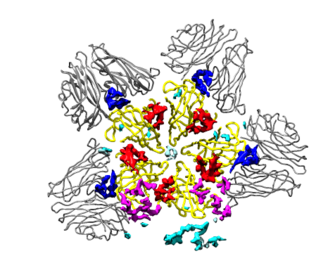Positions
Open Master's thesis projects - Warscheid Lab
Exciting Master's projects on the structural biology of peroxisomal import complexes and the functional analysis of peroxisomal diseases are currently being advertised in the group: Call for master theses WS 2025/26
We look forward to receiving applications!
PhD position Peroxisome Biogenesis and Proteostasis - Warscheid Lab
We are looking for a PhD student with an interest in mass spectrometry to study peroxisomal protein import.
The full call for applications can be found here.
Master and Bachelor Thesis - Böttcher Lab
e are accepting Bachelor and Master students. If you are interested please contact Bettina Böttcher.
We have many different projects, which involve different skills and methodologies.
 |
|
|
Many of these projects involve collaborations with other groups or are interdisciplinary. Most projects are targeted for students with a background in Biochemistry. However, we also welcome students with a strong background in chemistry, physics and/or with programming skills for methods development and optimization of procedures.












